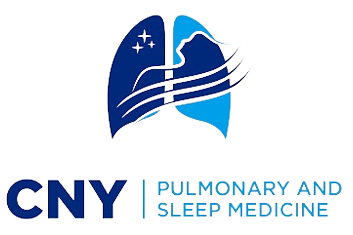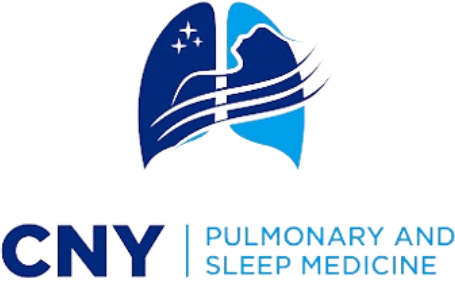SLEEP MEDICINE
List of Services
- BIOLOGICAL THERAPY
Item Link
Biological therapy, also known as immunotherapy or allergy shots, is a type of treatment for sleep disorders caused by allergies, such as sleep apnea or snoring. The therapy involves injecting small amounts of allergens into the body, gradually increasing the doses over time to help the immune system build up tolerance to these allergens.
Biological therapy is typically recommended for people who have tried other treatments without success, have severe allergies, or have allergic asthma. It can take several months or even years for biological therapy to be effective, and it requires ongoing maintenance doses to maintain the benefits. It is important to discuss the potential benefits and risks of biological therapy with a qualified healthcare professional to determine if it is the right treatment option for your individual needs.
- SLEEP APNEA
Item Link
Sleep apnea is a sleep disorder in which breathing is repeatedly interrupted during sleep. This can result in loud snoring, gasping or choking sounds, and disruptions to the normal sleep cycle. There are two main types of sleep apnea: obstructive sleep apnea (OSA) and central sleep apnea (CSA).
Sleep apnea can have serious consequences, including daytime sleepiness, fatigue, and an increased risk of accidents. It can also lead to high blood pressure, heart disease, stroke, and other health problems if left untreated. Treatment options for sleep apnea include lifestyle changes (e.g., weight loss, quitting smoking), use of a continuous positive airway pressure (CPAP) machine, and surgery in some cases. Diagnosis and management of sleep apnea typically involves consultation with a sleep medicine specialist.
- INSOMNIA
Item Link
Insomnia is a sleep disorder characterized by difficulty falling asleep or staying asleep, or waking up too early and being unable to go back to sleep. It can also be defined as poor quality sleep that leaves a person feeling unrefreshed or tired during the day.
Insomnia can be acute, lasting a few nights to a few weeks, or chronic, lasting for months or years. It can be caused by a variety of factors, including stress, anxiety, depression, medical conditions, medications, and poor sleep habits.
Symptoms of insomnia may include:
- Difficulty falling asleep
- Difficulty staying asleep
- Waking up too early and being unable to go back to sleep
- Daytime sleepiness or fatigue
- Irritability, anxiety, or depression
- Difficulty concentrating or remembering things
- RESTLESS LEG SYNDROME (RLS)
Item Link
Restless leg syndrome (RLS) is a neurological condition that causes an irresistible urge to move the legs, often accompanied by uncomfortable sensations such as tingling, crawling, or aching. The symptoms typically occur at night or during periods of inactivity and can interfere with sleep and daily activities.
RLS is thought to be caused by a problem with the dopamine system in the brain, which plays a role in regulating movement. It can be associated with other conditions such as iron deficiency, kidney failure, pregnancy, and neuropathy.
- PARASOMNIA
Item Link
Parasomnia is a type of sleep disorder characterized by abnormal behaviors, movements, or experiences during sleep. It can occur during any stage of sleep and can affect people of all ages. Parasomnias can be classified into two broad categories: non-rapid eye movement (NREM) parasomnias and rapid eye movement (REM) parasomnias.
Treatment for parasomnias depends on the specific type and severity of the condition. Options may include medication, therapy, and making changes to sleep habits and environment. Proper diagnosis and treatment can help improve sleep quality and reduce the risk of injury or other complications associated with parasomnias.

